Mixing vs Mastering: Can You Do It All?
We cover the basic differences between mixing and mastering.
So you’ve started creating tracks in your home studio, but what are the next steps in the process? We’re looking at mixing vs mastering.
In this Article:
Mixing vs Mastering
Suppose you’re looking to get professional-sounding music to release out into the world. To do this, it’s helpful to have a basic understanding of mixing and mastering, even if you plan to pay an engineer rather than do the work yourself.
To help demystify these ideas for you, we’re going to compare mixing and mastering to find out why they are so important in the music production process.
Mixing vs Mastering: What is Mixing?
In the context of music production, the process of mixing involves merging multiple audio tracks to create a single cohesive file. To do this, we set our volume faders for the optimal sound balance and use EQ and panning to ensure that the individual elements aren’t overlapping or masking each other.
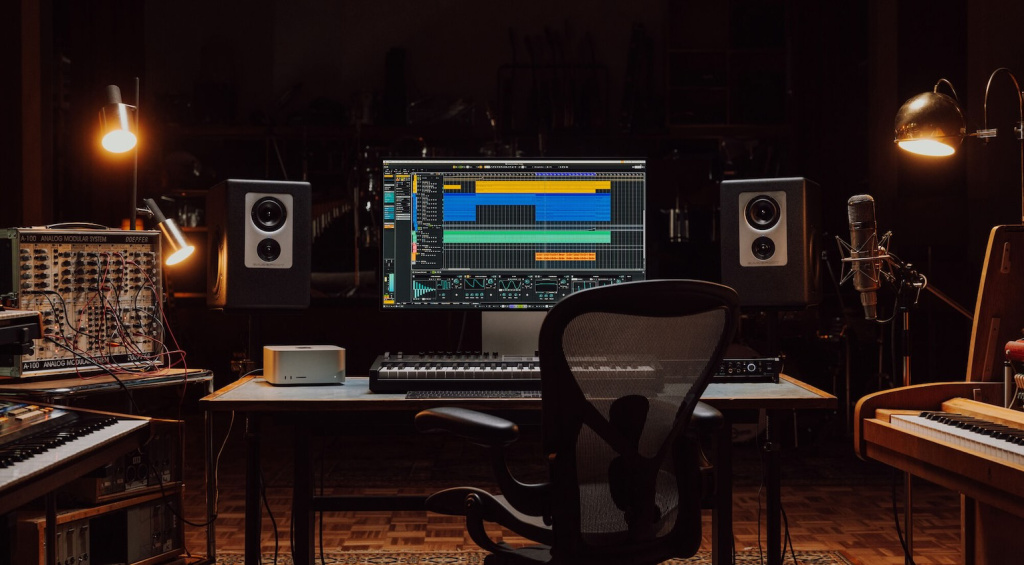
Mixing is also about letting the song speak, so you want to accentuate your verses, choruses, and bridges to allow the listener to access the emotional impact of each section. To achieve this, you can use effects like delay, reverb, and compression to create contrasting dynamics in volume (loud and soft), space (near and far), and density (sparse and full).
As a large portion of our sounds are created inside a DAW, we don’t have to wait until the song has reached a certain stage to begin mixing. Instead, by mixing as you go with the bigger picture in mind, you can save yourself time and start EQing sounds and carving out space for your vocals.

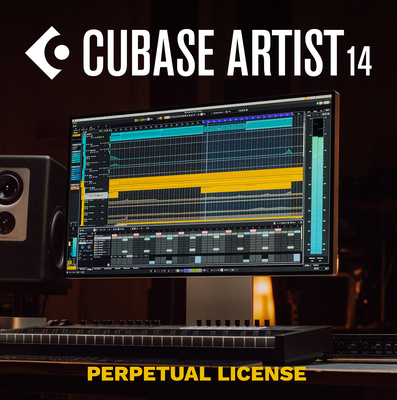
Mixing vs Mastering: What is Mastering?
Mastering is the final step in the production line, a process whereby we prepare the song for its chosen distribution formats (streaming platforms, vinyl, radio). Because the techniques used by mastering engineers are perhaps less glamorous than mixing, it is often seen as a dark art.
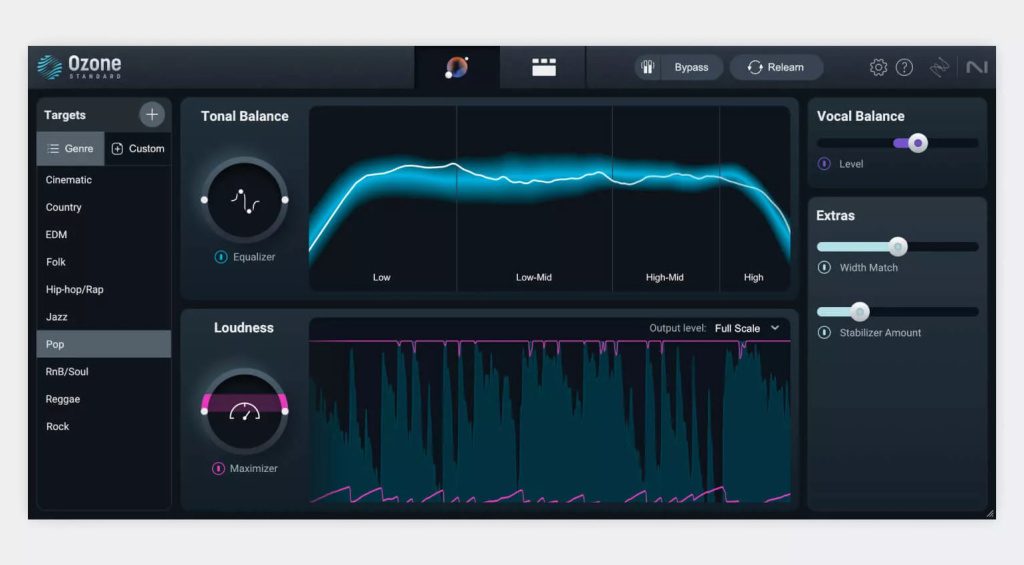
However, as many pro mastering engineers will tell you, mixing is a more detailed and technical process with more moving parts to consider. Mastering, on the other hand, is more about where the song is going. If you’re looking for radio play or to be featured on a particular weekly Spotify playlist, your song needs to have a similar sonic weight to those your listeners just heard.
To do this, mastering engineers use a combination of EQ for tonal consistency, as well as compressors and limiters to control the dynamic range. In addition, stereo and mid-side processing is also implemented, which allows the isolation and enhancement of mono or stereo field elements.

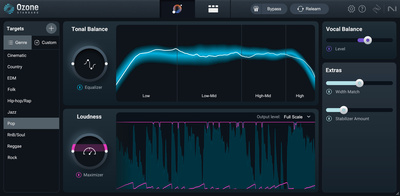
Mixing vs Mastering: What are the Key Differences?
Starting with the focus of the process, Mixing involves working with individual mono and stereo audio tracks, whereas Mastering is a process applied to the final mix of a song. For this reason, the scope of tools we use is different. In mixing, we’re working with individual channel strips, tuning and editing vocals, and automating volume faders.
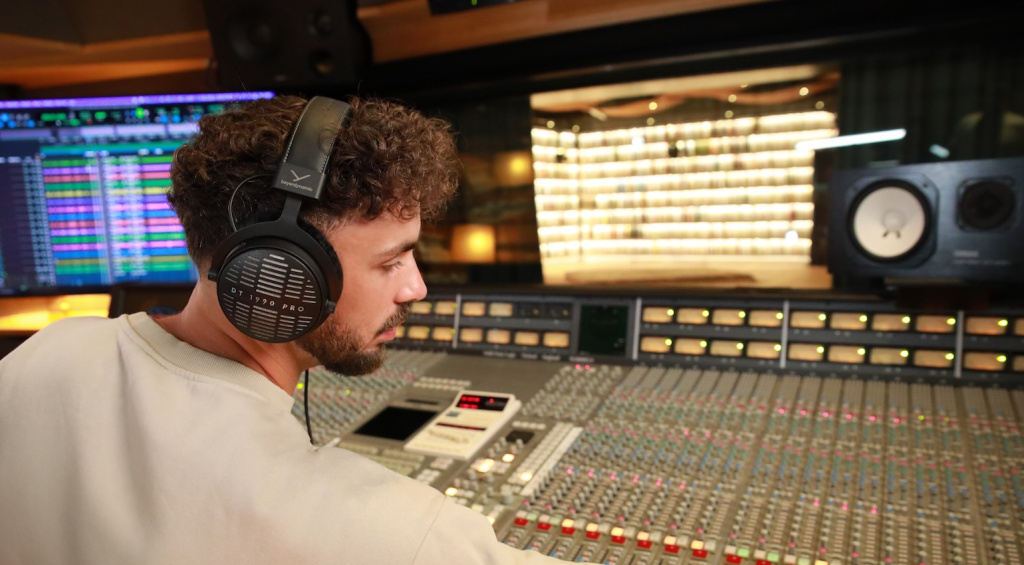
Alternatively, mastering uses EQs, compressors, limiters, stereo image processors, and a range of different meters to ensure that we are working within the appropriate loudness standards for the consumption format of our song. It’s also important to note that mastering can only begin once the final mixdown is complete.
So, if you’re looking to make adjustments or address problem areas, this ideally happens in the mixing phase. Finally, the role of mixing is to enhance and accentuate the creative aspects of the song. Meanwhile mastering ensures the consistency of the technical aspects, so your song is just as loud and clear as the last banger the DJ just played.

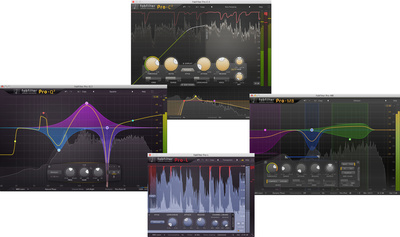
Mixing vs Mastering: Tools of the Trade
As we’ve discussed, the focus of mixing and mastering are quite different, so we use different tools and a different workflow to get the job done. In mixing, pro mixing engineers use DAW software systems like Pro Tools, Cubase, or Reaper. In addition, they have a collection of specialized audio plugins for processing vocals (Melodyne, Auto-Tune, Soothe), guitars (POD Farm), synths, and drums.
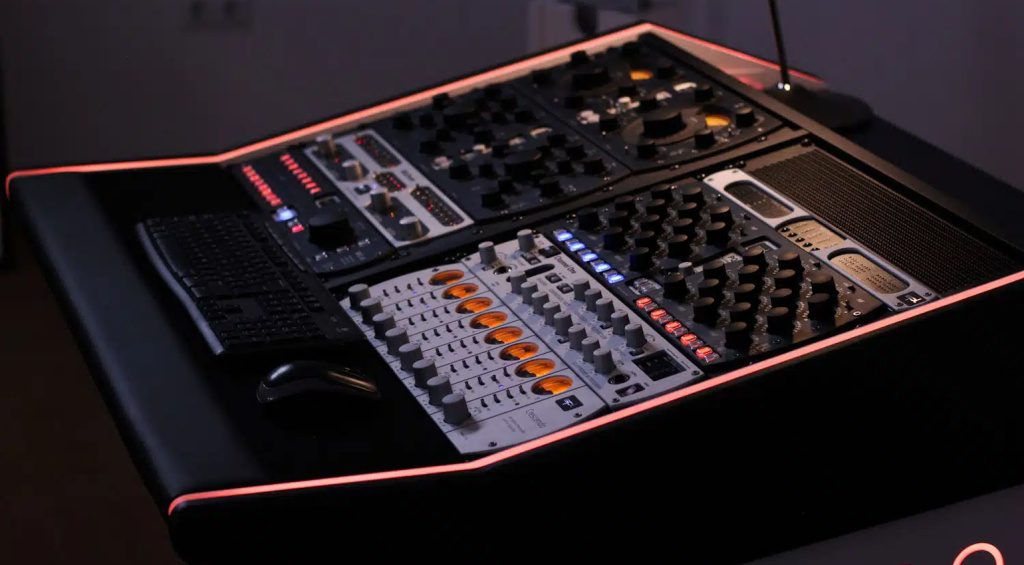
For mastering, there is a range of specially designed software and hardware. From DAWs like SADiE and Sequoia Pro to plugin suites like Ozone and T-RackS, as well as the Brainworx range with a wide range of processors focussed on mastering. Engineers also do processing with hardware from manufacturers like SPL, Dangerous Music, Manley, Elysia, and Shadow Hills Industries.
Because the process relies on precise parameters that are often used repeatedly when mastering an album, the hardware units have indented potentiometers that lock in your settings. While many tools are commonly used by artists, producers, and mix engineers, mastering tools are designed for a single purpose, and for this reason, they are often far more expensive.

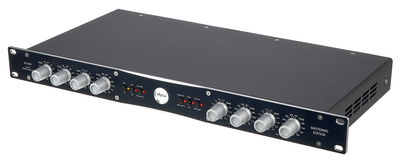
Mixing vs Mastering: DIY vs Professional Services
For most musicians making music at home, mixing and mastering your own songs becomes a natural part of the process when you put together demos or more polished versions of your songs for SoundCloud or other digital platforms. While the combination of a stock parametric EQ and limiter plugin will quickly get you to a satisfactory place, there is no substitute for a working knowledge of mixing and mastering.
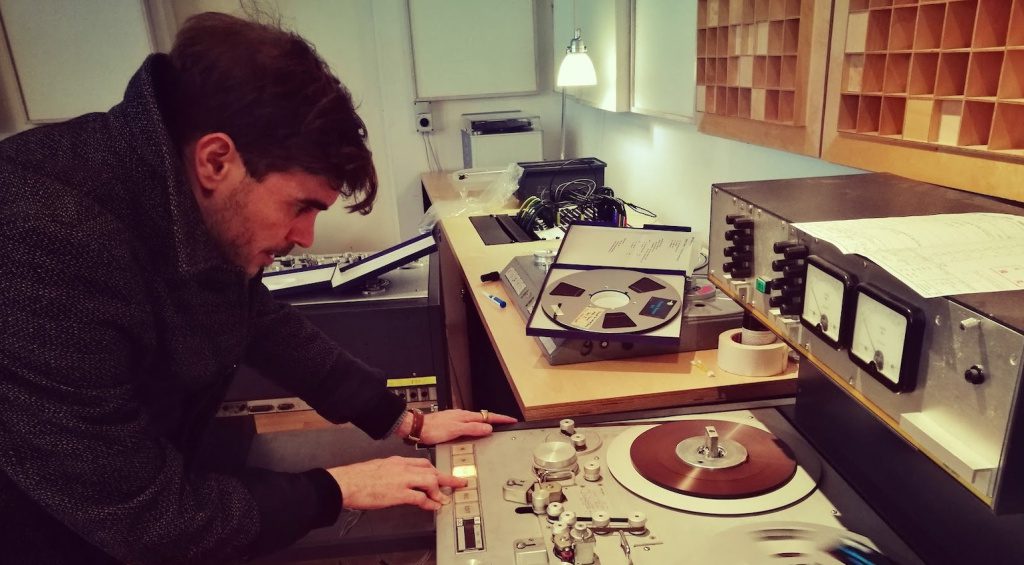
This is where a professional comes in, so rather than watching endless hours of YouTube tutorials or even paying for online courses, start by consulting a reputable mix engineer (who has worked on records you like) and paying them to mix one of your songs. Instead of seeing the expense as one of the residual costs of making and releasing music, use the pro engineer’s final mix of your song as a reference point to teach yourself about mixing and try to replicate it at home until you get it right.
Follow the same process with a pro mastering engineer and you then will have an example of professional mixing and mastering in the context of your own musical output. Be sure to ask questions and get feedback on your stems and mixes in each case, as this will help you a great deal to identify how you can improve your process.

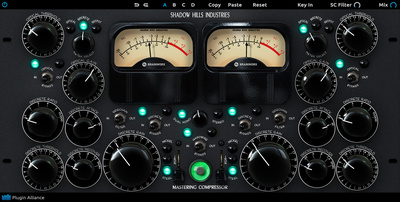
More about Mixing vs Mastering:
- Thomann’s Guide to Mastering
- Learn about Mixing
- Find out about Mastering
*Note: This article about mixing vs mastering contains advertising links that help us finance our site. Don’t worry: the price for you always stays the same! If you purchase something through these links, we receive a small commission. Thank you for your support!
3 responses to “Mixing vs Mastering: Can You Do It All?”


 3,4 / 5,0 |
3,4 / 5,0 | 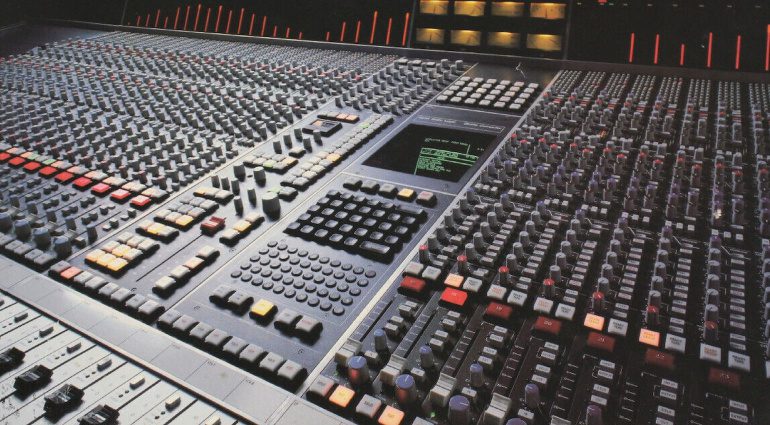


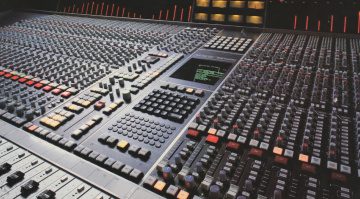

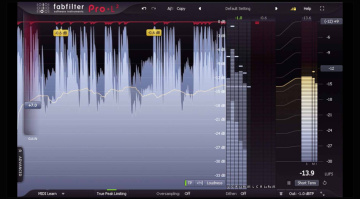

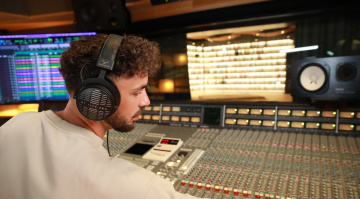
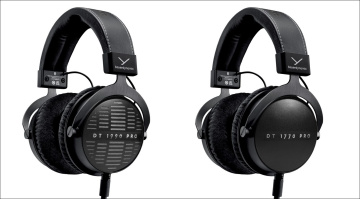

You can master your own mixes. The trick is to not do it that same night! Wait two weeks and listen to your mixes in the meantime. Leave a little more time and then you will have fresh ears for mastering.
When I started my record label, I never thought I would have to learn every single aspect of song creation. I really enjoy mixing and mastering music, I also found myself hiring a professional engineer, Luca Melody. I use his mixes as a reference point. I even use his Pro Tool template for many recordings.
my opinion is that not even the most expert engineer should do the mix and the master, the one who does the mastering is not an island but it cannot be the same person, the risk is that he does not have the right distance that allows him to be free of mind and have sufficient judgment to perform a good mastering